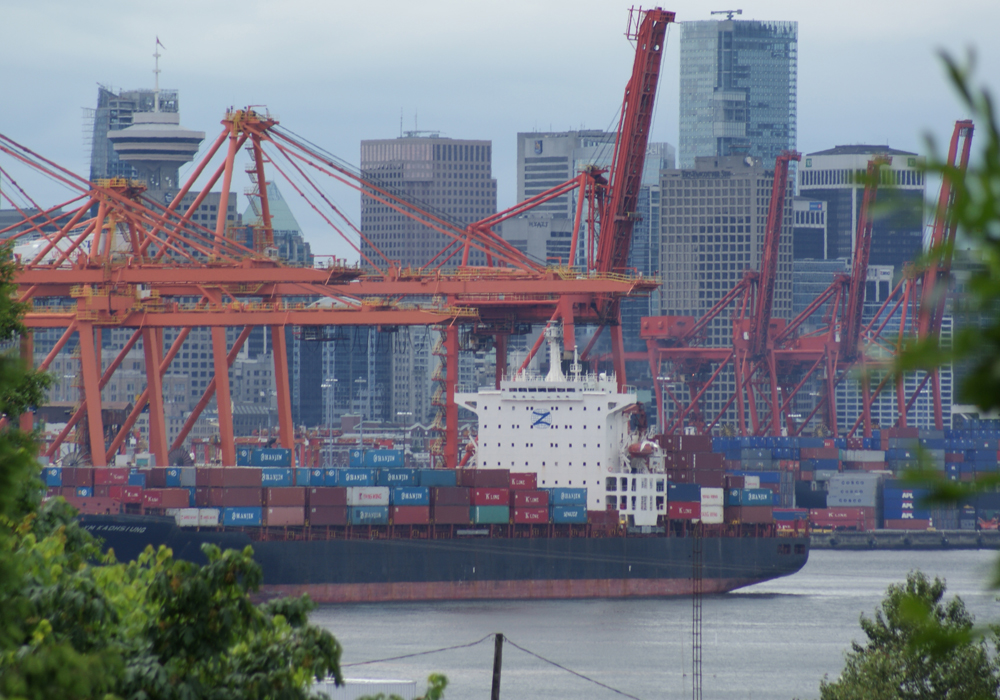The federal government is failing Canada’s farmers by neglecting to address lingering trade issues that have cost agricultural producers billions of dollars in lost revenue, says an organization representing wheat producers in Alberta, Saskatchewan and Manitoba.
In a firmly worded June 17 letter to federal Agriculture Minister Marie-Claude Bibeau, the Western Canadian Wheat Growers Association said Ottawa must do more to protect the economic interests of Canada’s cereal grain, pulse and oilseed producers.
The letter said trade barriers imposed by India, Saudi Arabia, Vietnam, Peru, Italy and China could result in combined market losses of $3.75 billion annually.
Read Also

Chinese, Indian tariffs take toll on pea prices
The disruption of pea exports from Canada’s largest customers will likely result in slow pea exports for the remainder of the crop year.
The letter also calls on the federal government to immediately resolve trade access issues “using whatever diplomatic and legal actions (are) necessary,” including trade retaliation and working to strengthen World Trade Organization mechanisms.
“We simply cannot afford to lose more trading partners,” said WCWGA president Gunter Jochum, who farms near Winnipeg.
“It is clear from the non-tariff trade barriers with (these) six countries … that our federal government is failing to protect our market access.”
Jochum said Ottawa has already offered direct subsidies to Canada’s dairy, poultry and meat sectors. Meanwhile, the federal government’s response to trade access issues affecting grain and oilseed producers has been to propose changes to existing safety net programs, such as AgriStability and the Advance Payments Program.
According to the WCWGA, the proposed program changes will not provide the financial or market stability that is needed by grain and oilseed producers.
The U.S. government recently announced subsidies worth US$16 billion aimed primarily at soybean producers. That was on top of a $12 billion subsidy package announced less than a year ago.
The WCWGA letter said U.S. subsidies have skewed the markets for North American commodities, leaving Canadian farmers at an economic disadvantage to growers south of the border.
“The Western Canadian Wheat Growers strongly believes in free-market trade…. However, we recognize that when our competitors and export markets are not playing by the same rules that our federal government must respond with all the tools available,” Jochum said.
Cherilyn Nagel, a WCWGA director and wheat grower from Mossbank, Sask., said international trade is one of the most important issues facing growers in Western Canada.
“Every morning, you can wake up and read another newspaper article about another trade disruption or another trade crisis that we’re going through,” she told an audience June 19 at Canada’s Farm Progress Show in Regina.
“But it’s also one of the most important files, I think, that farmers need to pay attention to today.”
Nagel, a former WCWGA president, is an international director for the Global Farmer Network, which comprises farmers from around the world.
“As you know, farmers don’t agree on a lot of things, but every farmer in the Global Farmer Network agrees … that trade must happen, that what we grow as farmers should be traded around the world,” she said.
Contact brian.cross@producer.com
















